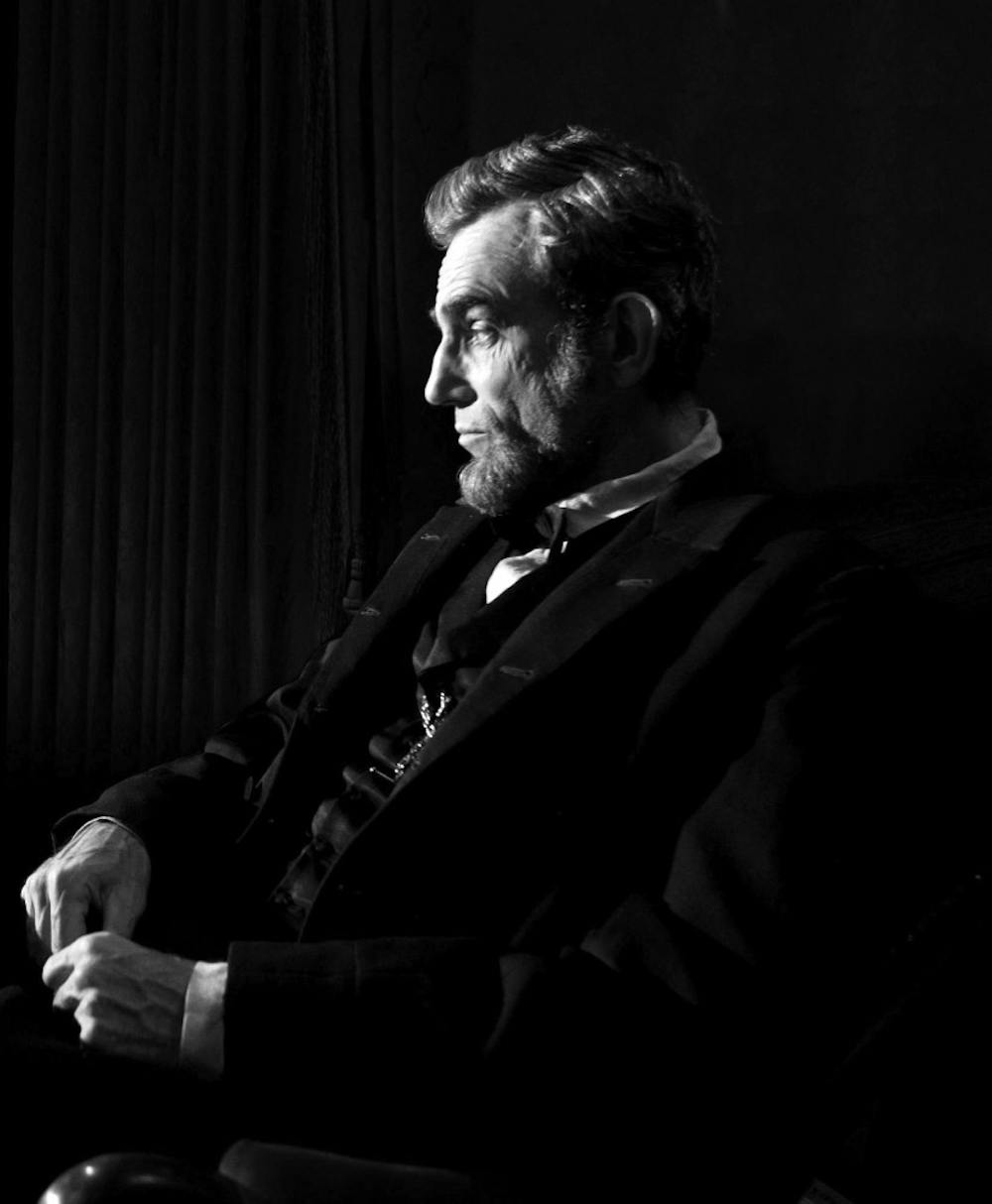Arts & Entertainment is back again with our new series, U.Va. Faculty Go to the Movies, where we get exclusive interviews with your favorite faculty members about the movies you care about the most. This week we sat down with History Prof. Gary Gallagher to get his take on Steven Spielberg’s latest American epic: Lincoln. As the John L. Nau III Professor in the History of the American Civil War, Gallagher is a leading Civil War historian, as well as a Civil War movie buff, making him an ideal candidate for the series. In fact, when I watched Lincoln for the first time with a fellow history major, the two of us were almost more interested in what Gallagher would think of the movie than we were in the film itself.
Right from the start, Gallagher had great things to say about Lincoln. Describing his initial reaction as “very positive,” he said, “Glory has always been my favorite Civil War movie and I think Lincoln will rival it now.”
Like many audiences, Gallagher was particularly struck by Daniel Day-Lewis’ powerhouse performance, which anchors the film from start to finish.
“Lewis gets Lincoln perfectly — his voice, his accents, he has grammatical errors in his speech which I think were planned on Lincoln’s part,” he said. “It did a really nice job of how exasperated his advisors could get when Lincoln would start telling his long-winded stories. It’s really a realistic and believable portrayal of Lincoln. I think it’s an Oscar-worthy performance.”
Lewis seems poised to bring home the golden boy next weekend, but he may not be the film’s only big winner. Tommy Lee Jones, whose fierce portrayal of Thaddeus Stevens has won praise from critics and audiences alike, deeply impressed Gallagher.
“The problem with Tommy Lee Jones is that he steals the movie,” he said. “His Thaddeus Stevens was not overdone. Thaddeus Stevens had an incredibly sarcastic wit and a scorched earth approach to his opponents. Now, whether he really got into bed with Anita from Law and Order in the end and handed her the document — we don’t know their relationship for certain. But, it’s very dramatic and it makes a point.”
But Gallagher was less enamored with the film’s historical accuracy than he was with the dramatic arcs and stellar performances.
“Lincoln was not an abolitionist,” he said. “He couldn’t be. He couldn’t have been elected president. He couldn’t have put together a coalition to fight the war if he was an abolitionist. He was anti-slavery and had been almost his whole life. There’s a difference between being anti-slavery and abolitionist. One of the opinions the movie will leave viewers with which is inaccurate is that the great goal of the war is to kill slavery. That is untrue. The great goal was union. They embraced emancipation as a part of the project to restore the Union.“
Taking artistic liberties when portraying historical events is a hallmark of Hollywood film-making, but walking the line between fact and entertainment can prove difficult, even for an all-star director like Spielberg. In Gallagher’s view, Spielberg’s concerns seem to rest more with cinematic flourish than with absolute authenticity.
“I think he cares about it in some ways, but I think if it comes down to a question of really dramatic effect or true historical accuracy he’s going to go for the former,” Gallagher said. “If things really work in the movie that may or may not be true, he’ll go for that.”
Apart from the exaggeration of Lincoln as an abolitionist, there were a few other historical inaccuracies that Gallagher pointed out.
“The first five minutes of the movie, I thought I was going to leave,” he said. “The opening battle scene was ludicrous and then even more ludicrous was the black soldiers and the white soldiers reciting the Gettysburg Address. Nobody paid any attention to the Address during the war. I bet Lincoln could not have quoted the Gettysburg Address that way in 1865.”
But all in all, Gallagher loved Lincoln so much that if you’re considering taking his famous Civil War class next year, you might be writing about it.
“I will absolutely assign it,” he said. “I saw it twice — once in L.A. and once here. I went with Civil War historians to see it in L.A. and I don’t know one person who didn’t like it. The consensus is that it’s a really well-done movie.”







